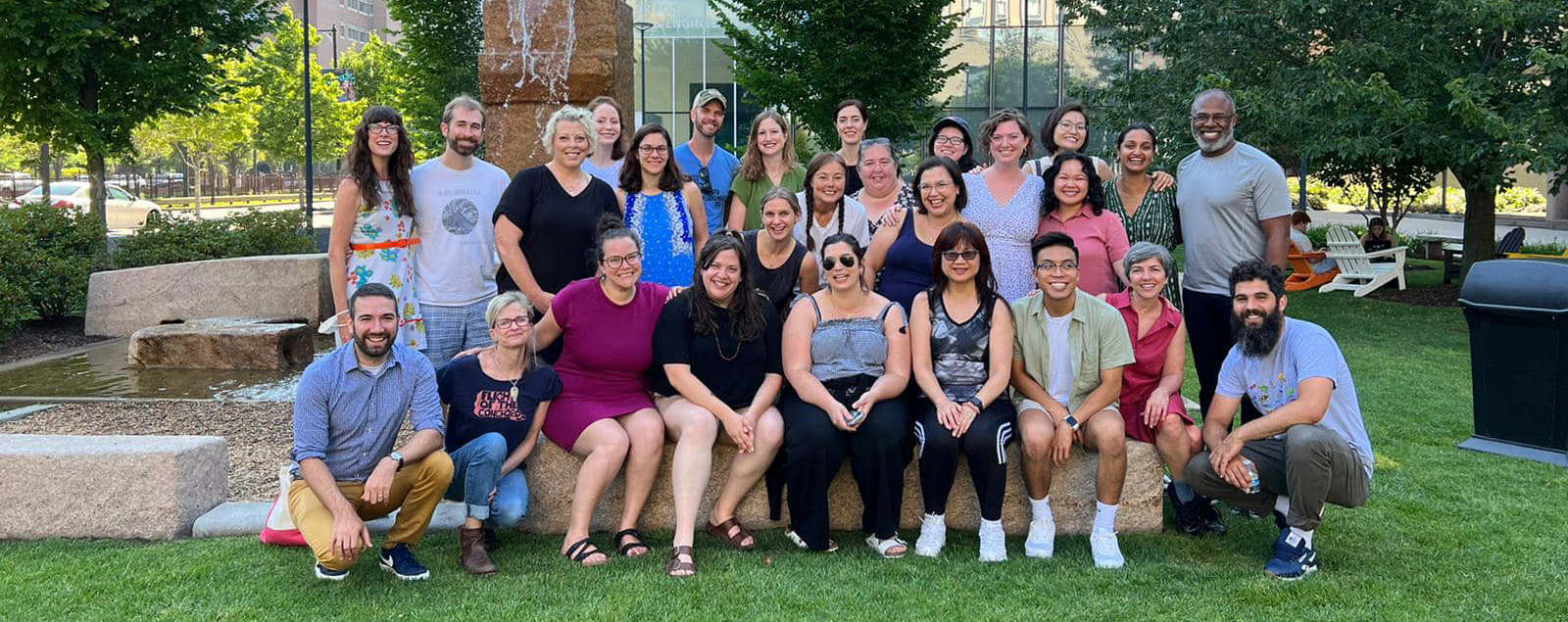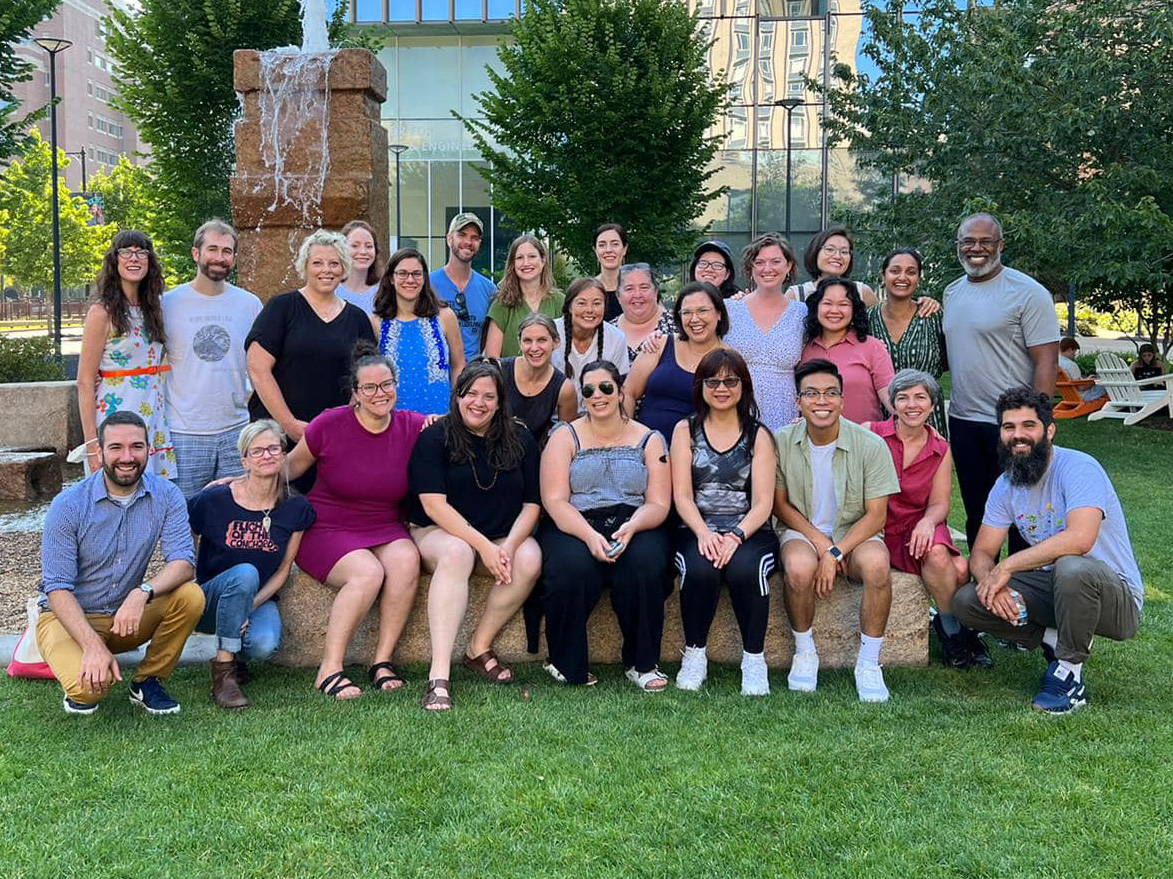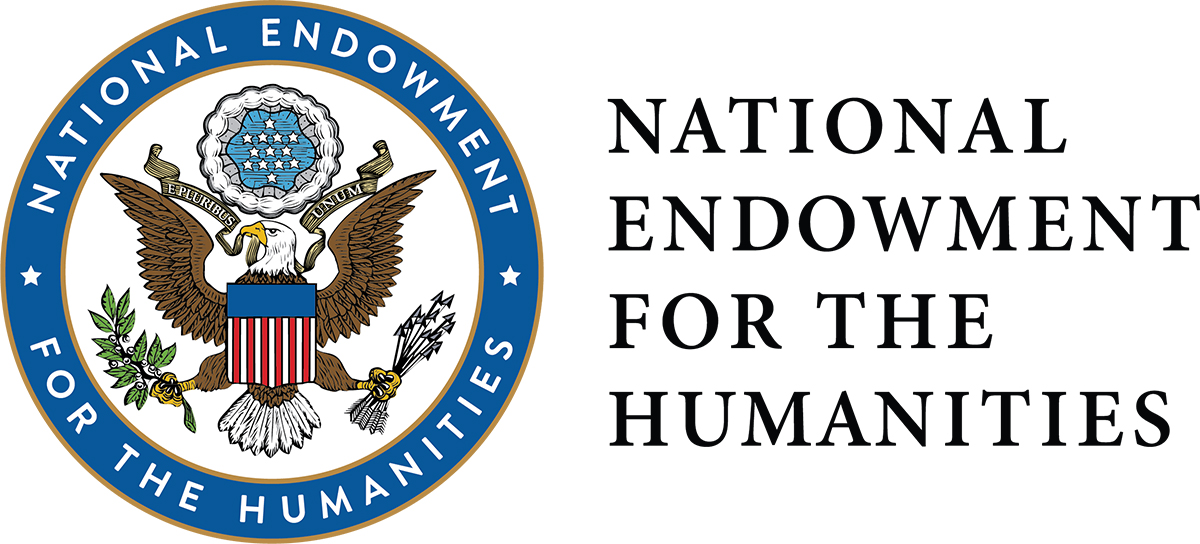This project has been made possible in part by a major grant from the National Endowment for the Humanities: Democracy demands wisdom.
Friendship and Identity in Literature, Film, and Adolescence:
A National Endowment for the Humanities Residential Institute for High School English Teachers
July 14-26, 2024, Boston University
About the Institute
Why this Institute? Why Now?
Friendship is a fascinating thing to study. Providing students with conceptual frameworks for understanding both literary characters’ and their own friendship identities can build students’ critical thinking, perspective-taking, and close reading skills while mitigating their sense of alienation and isolation within our schools and classrooms.
Few things are more important to teenagers than their friendships. Friendship is also a core feature of so much good fiction and film (Gatsby and Nick, Sula and Nel, Thelma and Louise; Chris and Gordie) and between writers (Elizabeth Bishop and Marianne Moore; James Baldwin and Toni Morrison.) Yet friendship as a literary and cultural phenomenon is not often explicitly explored, studied, or understood within the high school English classroom. Since Covid, the challenge of forging, understanding, and maintaining friendships has taken on fresh urgency. And teens have had to adjust not just to the usual fluctuating conditions within their friendships, but in the world. Virtually and in real life, friendships are primary.
This two week residential institute aims to illuminate and deepen our functional and curricular understanding of this complex and universal social relationship. We will explore ways to bridge the lived experiences of our students (and ourselves) regarding friendship to those of great literary friendships and great thinkers. During the institute, teachers will study friendship as a literary, social, and cultural force–and a topic worthy of serving as an organizing principle within our courses.
Guest Scholar Dr. Niobe Way
Our Institute Making News
BU Today
Teachers Become Students as BU Hosts Institute to Address Adolescent Well-Being
BU Report to Congress
Why Support The National Endowment for the Humanities?
Photo Credit: Jhudel Baguio
“There is nothing I would not do for those who are really my friends. I have no notion of loving people by halves, it is not my nature.”
— Jane AUsten
Core Questions
1.
How can we use literature to support our students’ social-emotional growth, sharpen their critical thinking and close reading skills, and develop their friendship literacy?
2.
How can the use of friendship in literature as an organizing principle for courses, units, or even single works deepen student inquiry and encourage robust, rigorous, and relevant study and discussion?
3.
How is social media changing our friendships and our ideas of friendship, intimacy, and connection, especially for adolescents? What are the implications of “friend” becoming as much a verb as a noun?
4.
What do the philosophers and the poets have to say about friendship, and why should friendship be a more robust field of study and scholarship?
5.
In what ways are modern views of friendship rooted in classical conceptions of friendship?
6.
How do issues of race, social class, and gender play out in teen friendships? What do new data say?
Praise from teacher-participants, 2022 FILFA Institute


Meet the Team
Learn more about our Directors, and Robert Pinsky, Lashon Daley, Niobe Way, Zach Rossetti, Keira Flynn-Carson.
Housing & Travel
Learn more about where you’ll be staying and how to get there.
Institute Dates
July 14-26 2024
Location
Boston University
Equal Opportunity Statement
Endowment programs do not discriminate on the basis of race, color, national origin, religion, sexual orientation, disability, or age. For further information, write to the Equal Opportunity Officer, National Endowment for the Humanities, 400 7th Street, SW, Washington, DC 20024. TDD: 202-606-8282 (this is a special telephone device for the Deaf).
Disclaimer
Get in Touch
Questions? Reach out to Karen with the link below.
